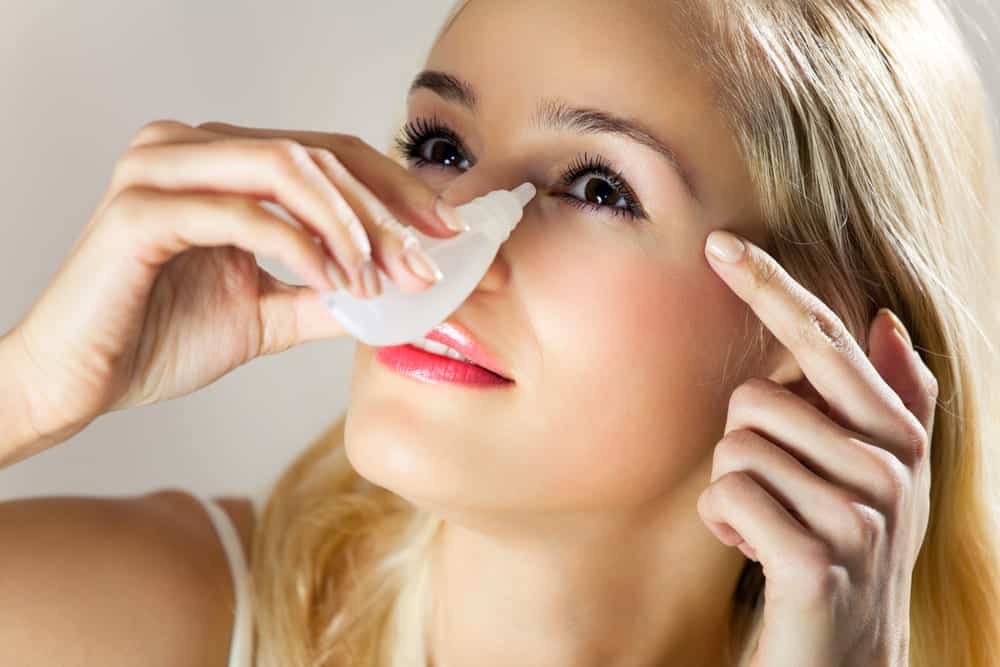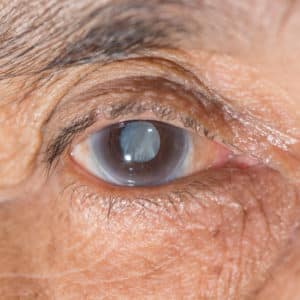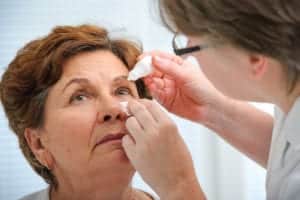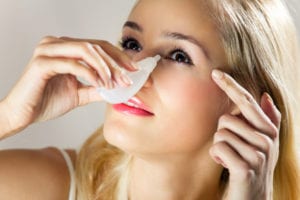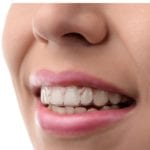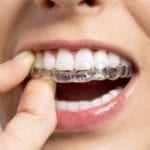Dry eyes are essentially caused by loss of tear production or tear evaporation, often caused by an imbalance of the tear mixture.
Tears are a delicate mixture of mucus, water and fatty oils that keep the eyes moist, fight infections and keep your eyes clear.
Common Causes of Decreased Tear Production
- Tear Gland Damage
- Age
- Laser Eye Surgery
- Some Medical Conditions (diabetes, lupus, rheumatoid arthritis, scleroderma, Sjogren’s syndrome, thyroid disorders and vitamin A deficiency)
- Some Medications (acne drugs, antidepressants, antihistamines, birth control drugs, decongestants, high blood pressure drugs, hormone replacement and Parkinson’s disease drugs
Common Causes of Tear Evaporation
- Eyelid Problems
- Blinking Less
- Dry Air
- High Wind
- Smoke
Why Should I Treat My Dry Eyes?
Those who experience dry eyes may experience the following medical issues.
Decreased Quality Of Life: Dry eyes make everyday living difficult. Simple tasks like reading or watching TV can become difficult and problematic.
Eye Infections: Tears help prevent the eyes from getting infected. A significant reduction or loss of tears can increase the chances of infection.
Eye Surface Damage: In addition to fighting infections, tears help protect the eyes from damage like abrasions, inflammation, corneal ulcers – all of which could impact vision.
Dry eyes can significantly impact your daily life and even lead to more serious medical conditions.
If you wear contacts, are a woman, over 50 or have a diet that is low in vitamin A, you’re also looking at an increased risk for dry eyes.
If you’re experiencing these symptoms, you should consult with a medical professional immediately to determine the most appropriate course of action.

